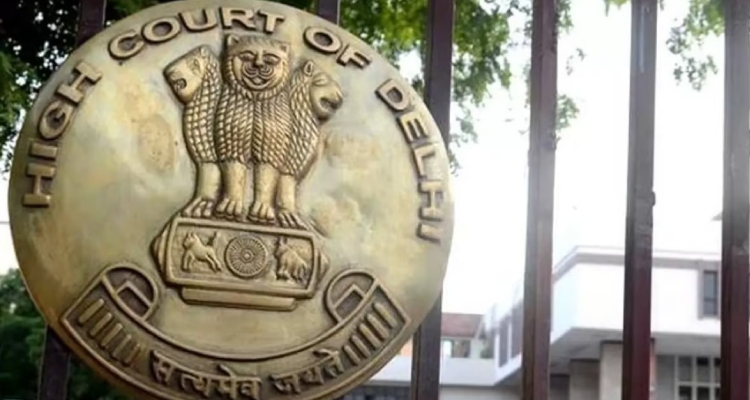
The Delhi High Court on Tuesday dismissed a Public Interest Litigation filed by MCD Councillor Sonali, which sought an increase in allocated funds for Municipal Corporation of Delhi councilors to at least Rs.15 crore.
The petitioner argued that enhanced funding was essential for various welfare activities, such as repairing roads, maintaining schools, parks, dispensaries, and recreational centers.
The bench, led by Chief Justice Manmohan and including Justice Tushar Rao Gedela, advised the petitioner to address the issue within the MCD House and with the Standing Committee.
The court expressed its limitations, stating, “We are struggling to secure funds for the Delhi High Court itself, so how can we issue directions to enhance your funds? You should raise the issue in the MCD House.”
Sonali, an elected councilor from Sidhartha Nagar, highlighted in her petition the Delhi Government’s and MCD’s failure to allocate sufficient funds for the elected councilors, arguing that this lack of resources has severely hindered their ability to fulfill statutory duties.
The inadequate funding has resulted in a decline in essential public services, affecting the maintenance of parks, schools, dispensaries, roads, and community centers, which directly impacts the residents of Delhi.
Represented by advocates Shalabh Gupta and Prachi Gupta, the petition detailed the negative consequences of insufficient funding, particularly in MCD-run schools where poor infrastructure and sanitation have violated children’s right to education under Article 21A of the Constitution.
The petition pointed out that public parks suffer from neglect due to water shortages, compromising greenery and safety, particularly for elderly citizens.
Furthermore, essential facilities like dispensaries, outdoor gyms, and community centers are in disrepair, depriving the public of necessary health and social services.
The plea argued that this failure to maintain public facilities and ensure adequate funding infringes on the right to life under Article 21 and the right to education under Article 21A.
The councillor emphasized the disparity in funding, noting that while MLAs receive around Rs 15 crore annually, MCD councillors are allocated only about Rs.1 crore.
Ultimately, the court’s dismissal of the PIL underscores the ongoing challenges faced by local governance in securing necessary funding and resources to effectively serve their constituents.
The situation raises critical questions about prioritizing public welfare and the distribution of funds among elected representatives in the city.




